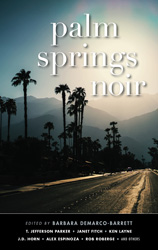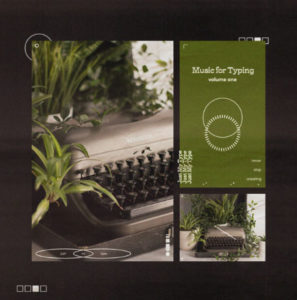Phil Doran is the author of The Reluctant Tuscan (Gotham)
. He’s a former TV writer and producer (The Wonder Years, All in the Family, Sanford and Son) whom I met him when he first took my workshop a couple of years ago. His book was published in April. Last week I sent him some questions and here is what he said:
Moi: I know that The Reluctant Tuscan isn’t the first book you completed. What happened to the others?
Phil: RT is actually the third. The first was one that everybody liked and nobody wanted to publish, the second was one that nobody liked, and the third was rather well accepted. I think it took some time for me to figure out the market place and to determine that yes, after years of doing TV, I did want to write what I wanted to say, but a bigger yes was, I did want to get published. It doesn’t take a genius to determine that they publish a lot more non-fiction than fiction, so then, in the non-fiction genre, what was going on in my life that I could write about? Well, I happened to be fortunate enough to have worked in show business and I was now living part-time in Tuscany. So I felt that if I could combine those two facets and do it with humor I would have something that publishers would be interested in.
Moi: Will you bring those other books back, now that you have one out?
Phil: Yes, I am in the process of dusting them off, re-reading them, and wondering what I was thinking to have written down what I did. On the plus side, I think those books were written when I still had my TV writing habits and if I may say so myself, my prose style is much more polished now than it was when I started.
Moi: Talk about the challenges in writing this book.
Phil: There are a lot of books about Tuscany–a lot of very good books–written by people who really know things. Since I don’t, I needed to be funny. Also, I needed to find a way not to have the reader think, “Wait a minute–you’re living in Tuscany and complaining? I live next to methane processing plant in Bayonne, New Jersey, and you don’t hear me complaining!”
So I had to find a way to keep the reader’s sympathy and I did that by going deep into the characters and revealing their needs and inner struggles. Also, I needed to make the drama more universal so that anybody who has faced a painful life change can relate to it and not just baby-boomers facing retirement.
Moi: How does writing dialogue for TV differ from writing dialogue for a narrative?
Phil: The visual element changes everything. The way an actor gestures or uses an expression both enhances and limits how the line is communicated. In a book, the reader is free to cast each character exactly as they imagine it and hear them say their dialogue in any voice imaginable. In either event, unless someone has stopped to make a speech, and that should be very well motivated, dialogue should be short, crisp, and entertaining. Ask yourself: Is there sufficient reason to do this in dialogue, or could it be better imparted by describing the action?
As for the differences between a book and a TV show, there are practical considerations galore. Say you have a scene where a group of people are having dinner … on TV (or in a movie) the audience can see all the characters who are present, but on the page if someone doesn’t speak for a while, the reader can forget that they are there.
Moi: Advice for writers?
Phil: There are many fine books on the mechanics of writing (Pen on Fire being one of the best). My advice is more about the psychological armor one must don to pursue this profession. This is a very difficult way to make a living. If you are interested in making a lot of money, I would suggest you go into banking or real estate.
Writing is lonely, frustrating, and it will often seem like you are the only one in the world who believes in what you are doing. To this end, I will impart the greatest piece of wisdom I ever heard about either Hollywood or the publishing world. It was said by William Goldman in his book, Adventure in the Screen Trade, and he was talking about how your work is judged by those in control of your destiny, that is to say, agents, producers, and publishers.
Goldman said that he is governed by one unshakable law: WHEN IT COMES TO WHAT WILL WORK, NOBODY KNOWS SHIT.
The marketplace is a dynamic, quirky, mysterious place and as far as what will sell, one person’s guess is as good as another. If all the formulas and theories worked, every book would be a best seller and no TV show would ever get cancelled. We’re all guessing here, so why isn’t your guess as good and anybody else’s?



 Support Indie bookshops and this site by purchasing books through my BookShop
Support Indie bookshops and this site by purchasing books through my BookShop
